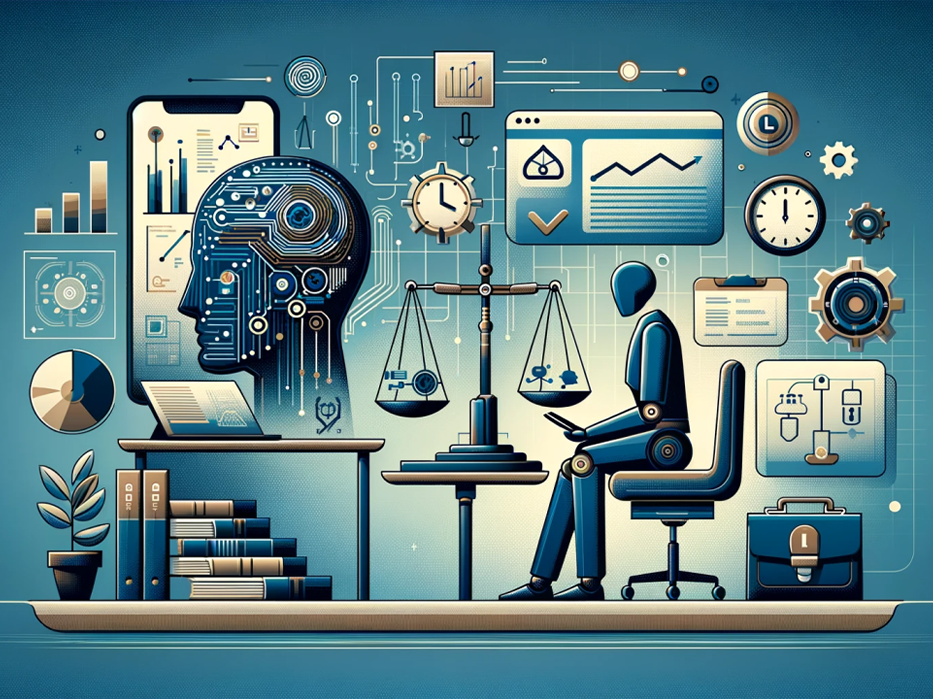Artificial Intelligence (AI) represents a transformative technology with vast potential to reshape industries, economies, and societies worldwide. However, this advancement also brings forth significant ethical considerations that must be carefully addressed to ensure AI is developed and deployed responsibly.
1. Bias and Fairness
AI systems are trained on data, and if this data is biased, it can perpetuate and even exacerbate societal biases. For instance, facial recognition algorithms have shown bias against certain demographic groups, leading to discriminatory outcomes. Ensuring fairness in AI requires diverse and representative data sets and careful scrutiny of algorithms to mitigate biases.
2. Transparency and Explainability
The ‘black box’ nature of some AI algorithms poses challenges in understanding how decisions are made. This lack of transparency raises concerns about accountability and the ability to rectify errors or biases. Developing AI systems that are explainable and transparent is crucial for fostering trust and ensuring users understand the rationale behind AI-driven decisions.
3. Privacy
AI systems often rely on vast amounts of personal data to function effectively. The collection, storage, and use of this data raise significant privacy concerns. Striking a balance between data utilization for AI advancements and protecting individuals’ privacy rights requires robust data governance frameworks, encryption methods, and clear policies on data use and retention.
4. Security
As AI becomes more integrated into critical systems such as healthcare, finance, and transportation, ensuring the security of AI systems becomes paramount. Vulnerabilities in AI algorithms can be exploited by malicious actors to manipulate decisions or cause harm. Implementing rigorous cybersecurity measures, including regular audits and updates, is essential to safeguard AI systems against potential threats.
5. Impact on Employment
AI automation has the potential to disrupt labor markets by displacing certain jobs while creating new ones. Managing the socio-economic impact of AI on employment requires proactive measures such as reskilling programs, social safety nets, and policies that promote job creation in AI-related fields.
6. Accountability and Governance
Determining accountability for AI decisions and actions is challenging, especially in cases where AI operates autonomously. Establishing clear legal and ethical frameworks that outline responsibilities for AI developers, deployers, and users is crucial for addressing liability issues and ensuring that AI systems operate within ethical boundaries.
7. Ethical Decision-Making
AI systems may face situations where ethical dilemmas arise, such as autonomous vehicles deciding between different outcomes in accident scenarios. Developing ethical guidelines and frameworks that prioritize human well-being, fairness, and societal benefit is essential for guiding AI development and deployment in a responsible manner.
8. Global Cooperation and Standards
AI development is a global endeavor, and differing regulations and standards across jurisdictions can pose challenges for ethical AI deployment. International cooperation and the establishment of global norms and standards are essential to promote consistent ethical practices and mitigate potential risks associated with AI technologies.
Conclusion
Navigating the intersection of AI and ethics requires a multifaceted approach that addresses technical, social, legal, and ethical dimensions. By proactively addressing these challenges and considerations, stakeholders can ensure that AI technologies contribute positively to society while minimizing potential harms and risks. Ethical AI development is not just a choice but a necessity to build a future where AI serves humanity responsibly and ethically.





